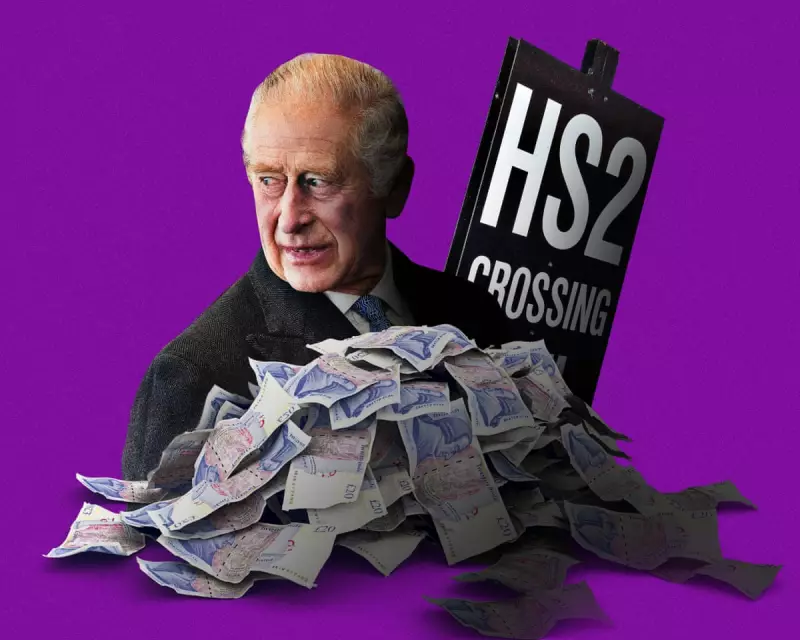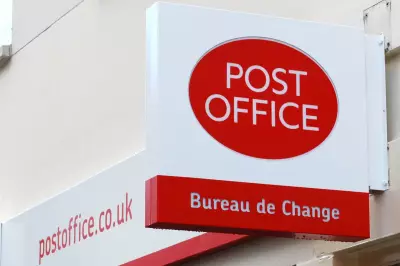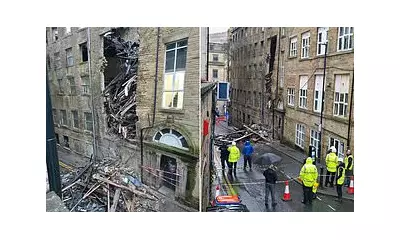
King Charles has personally benefited from a controversial land deal that saw the Crown Estate receive over £1.1 million from the government for a section of the HS2 high-speed rail line that was subsequently cancelled, according to official documents obtained by The Guardian.
The transaction, completed in 2022, involved the purchase of land near Aylesbury in Buckinghamshire that formed part of the planned route for the railway's northern extension. However, Prime Minister Rishi Sunak scrapped the Birmingham to Manchester leg of HS2 in October 2023, rendering the land acquisition unnecessary.
Questionable Timing and Value
Land registry records reveal the government's HS2 Ltd arm paid £1,147,000 for the 4.9-acre plot of agricultural land, which was part of the Crown Estate's extensive portfolio. The purchase occurred despite growing uncertainty about the project's future and questions about the valuation.
Property experts have raised eyebrows at the price paid, with one local agent suggesting the land would typically be valued at around £20,000 per acre for agricultural use - significantly less than the £234,000 per acre actually paid by the government.
Transparency Concerns
The deal has sparked concerns about transparency and accountability in royal finances. While the Crown Estate's profits ultimately fund the Sovereign Grant, which supports the monarch's official duties, this arrangement has come under increased scrutiny.
Labour MP Margaret Hodge, former chair of the public accounts committee, condemned the arrangement: "It's utterly wrong that public money was used in this way. The government should never have purchased this land at such an inflated price, especially when the project's future was already in doubt."
Broader Implications
This revelation comes amid ongoing debates about the monarchy's financial arrangements and the appropriate relationship between royal assets and public spending. The incident raises questions about:
- The valuation process for compulsory purchases of royal land
- Transparency in transactions between government entities and the Crown Estate
- Accountability for taxpayer money in major infrastructure projects
- The need for reform in how royal finances are managed
Both the Crown Estate and the Department for Transport have declined to comment on the specific valuation process, citing commercial confidentiality.





